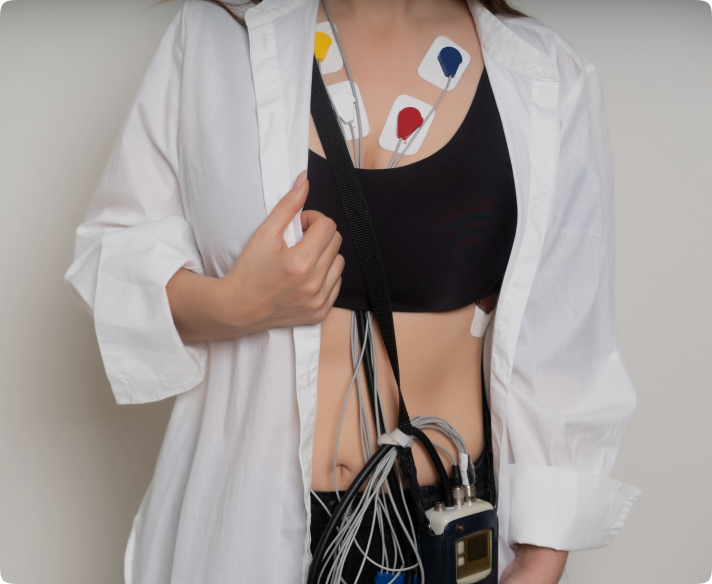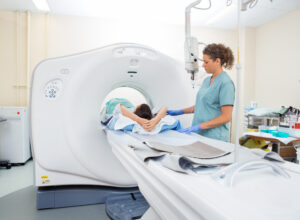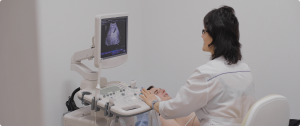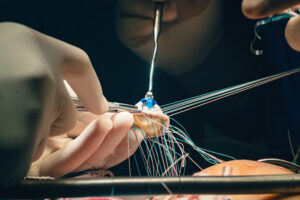Whether you’ve been referred for a routine heart scan or you’re investigating a new symptom, preparing properly for your cardiac test can make a big difference. Not only does it help ensure accurate results, but it can also reduce your anxiety and make the day run more smoothly. This guide covers the most common cardiac tests and what you should know before arriving.
Before your appointment, gather a list of your current medications, including over-the-counter medications, vitamins, and supplements. Some medications may need to be paused before certain tests, such as beta-blockers before a stress test. Our cardiologist or practice nurse will advise you if any changes are needed. It’s also helpful to keep track of your symptoms—when they occur, how long they last, and what seems to trigger them.
Different cardiac tests have different preparation requirements. For an echocardiogram, there’s generally no special preparation needed. However, for a stress test, you’ll be advised to avoid caffeine and not eat heavily before the appointment. If you’re booked in for a coronary calcium score or CT angiogram, you may need to fast for a few hours and avoid certain medications. Holter monitors, which record your heart rhythm over 24–48 hours, require you to avoid getting the device wet and to note any symptoms or activities in a diary during the test period.
Clothing is another key consideration. Wear comfortable two-piece clothing that allows easy access to your chest. Avoid wearing lotions, powders or deodorants on your chest on the day of testing, as these can interfere with electrode contact. Supportive walking shoes are essential for treadmill-based stress tests. If you are scheduled for a cardiac MRI, you’ll need to remove all metal jewellery and inform the technician if you have implants such as pacemakers or cochlear devices.
Timeliness and readiness help your appointment run on time. Aim to arrive 10 to 15 minutes early to allow time for paperwork or last-minute questions. If you’re uncertain about any instructions, don’t hesitate to call the clinic in advance. Cardiac tests are common, safe and well-tolerated, but understanding what to expect can make you feel more in control.
Test-Specific Tips
- Echocardiogram: No fasting needed. Wear a two-piece outfit for easier access to your chest.
- Stress Test: Avoid caffeine and heavy meals. Wear runners and comfortable clothing.
- CT Calcium Score: You may be asked to fast 3–4 hours before the scan.
- Holter Monitor: Shower beforehand, as you won’t be able to during the 24–48-hour period.
- Cardiac MRI: Remove all metal. You may need to lie still for 30–60 minutes.
Common Questions
Q: Can I drive home after my test?
A: Yes, unless you’ve had sedation for a procedure such as a transoesophageal echocardiogram or angiogram. For standard tests like ECGs, echos, and stress tests, driving is usually fine.
Q: What if I forget to follow instructions?
A: Let the clinic know immediately. In some cases, the test can still be performed, but adjustments may be required. It’s better to reschedule than to proceed with a test that won’t give reliable results.
Q: Should I bring someone with me?
A: If you’re having a test involving sedation, bring someone to drive you home. For all other tests, it’s generally fine to come alone unless you prefer support.
Key Takeaways
- Preparation helps ensure your test is safe and accurate.
- Ask in advance about fasting, medications, and clothing.
- Bring your medication list and symptom diary to your appointment.
- Arrive early and wear comfortable, accessible clothing.
- If in doubt, contact your cardiology clinic for clarification.
If you’re scheduled for a test or think you may need one, we’re here to help. Request an appointment with Apollo Cardiology to speak with a cardiologist who can guide you through every step.
Disclaimer
The information provided on this blog is for general educational purposes only and is not intended as a substitute for professional medical advice, diagnosis, or treatment. Always seek the guidance of your doctor or other qualified healthcare provider with any questions you may have regarding your health or a medical condition. Do not disregard medical advice or delay in seeking it because of something you have read on this website.




